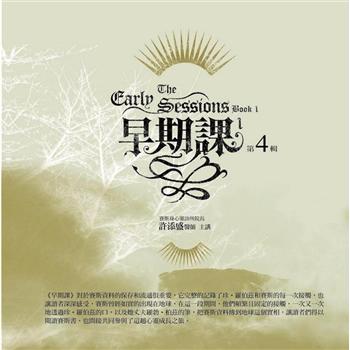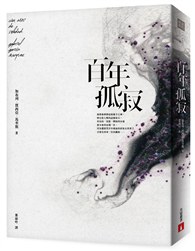Literary works in African Traditional Religion (ATR) and African Philosophy had been dominated by western methods and criterion. Thus has been produced for a long time polemics and apologetics motivated by the desire to save Africa from the strangulation that threatens it in a world that has so encompassed it.
CH AJA in Igbo Traditional Religion: A comparative study with SACRIFICE in Judaism, Hinduism and Christianity is a sincere, direct and pointed African perspective; presenting the nature of sacrifice in the religion without prejudice. It challenges earlier works on this subject matter especially Sacrifice in Ibo Religion (1970) by Francis Arinze. The book builds the nature of sacrifice in Igbo Traditional Religion (ITR) on the theory of Do ut Des and postulates immolation as the distinctive character of sacrifice in the religion.
The innovation in the areas of the object of the religion as Mm and the divisions of Ich aja as Ajanch nye and Ajanch p paves a way for a veritable monotheism opposed the polytheism that has always been proposed by writers. This object of ITR is Mm - a multi-partite being.
--------------------------------------------------------------------------------------------------- ...the present book on Sacrifice in Igbo Taditional Religion (ITR), aptly titled " ch aja" by the witer finds its rightful place. With what looks like a heart-warming academic throb, the author of this book revisited the usual claims of previous scholars on Sacrifice in ITR. Dissatisfied with the nomenclature 'Aja' in transliterating the English Sacrifice for what he regarded as the heart of ITR, he swiftly moved towards a reconstruction with the Igbo word ' ch aja' as a strong hinge. As he succinctly quipped in the introductory section (2008: ):
The aim of this work is to re-assess the etymological formulation of Ichuaja by evaluating its status among all other ritual elements and exploring what constitutes it as a practical action in ITR....
To achieve the above gigantic task, the author made use of what is often regarded as polymorphic method or interdisciplinary method with anthropo-religious, comparative, historico-philological and theological approaches in forefront. Finally, with further analysis of the various nuances of ' ch aja', he landed on curious conclusions which readers will find fascinating and provocative. Thus he conclusively snipped with academic assurance (2008: ):
...we believe that the whole idea of sacrifice in ITR has been radicalized and made more profound and meaningful. Before this work, Ichuaja has been viewed from a negative perspective; the work has opened further vistas to the understanding of what the votaries of ITR do in a more positive light....
Even if readers of the contents of this work disagree on some issues raised by its author, they cannot but appreciate the courage and innovative trends of the writer. Like a good architect, he pulls down the old edifice of this practical element of ITR only to build with alacrity what looked like a lost ground. Therein is the genius of this work.
While passing kudos on the efforts of the author, I warmly recommend the work to all especially genuine readers of ATR/ITR.
Rev. Fr. Prof. A. Ekwunife
Department of Religion,
University of Nigeria, Nsukka.
March 17, 2008.












